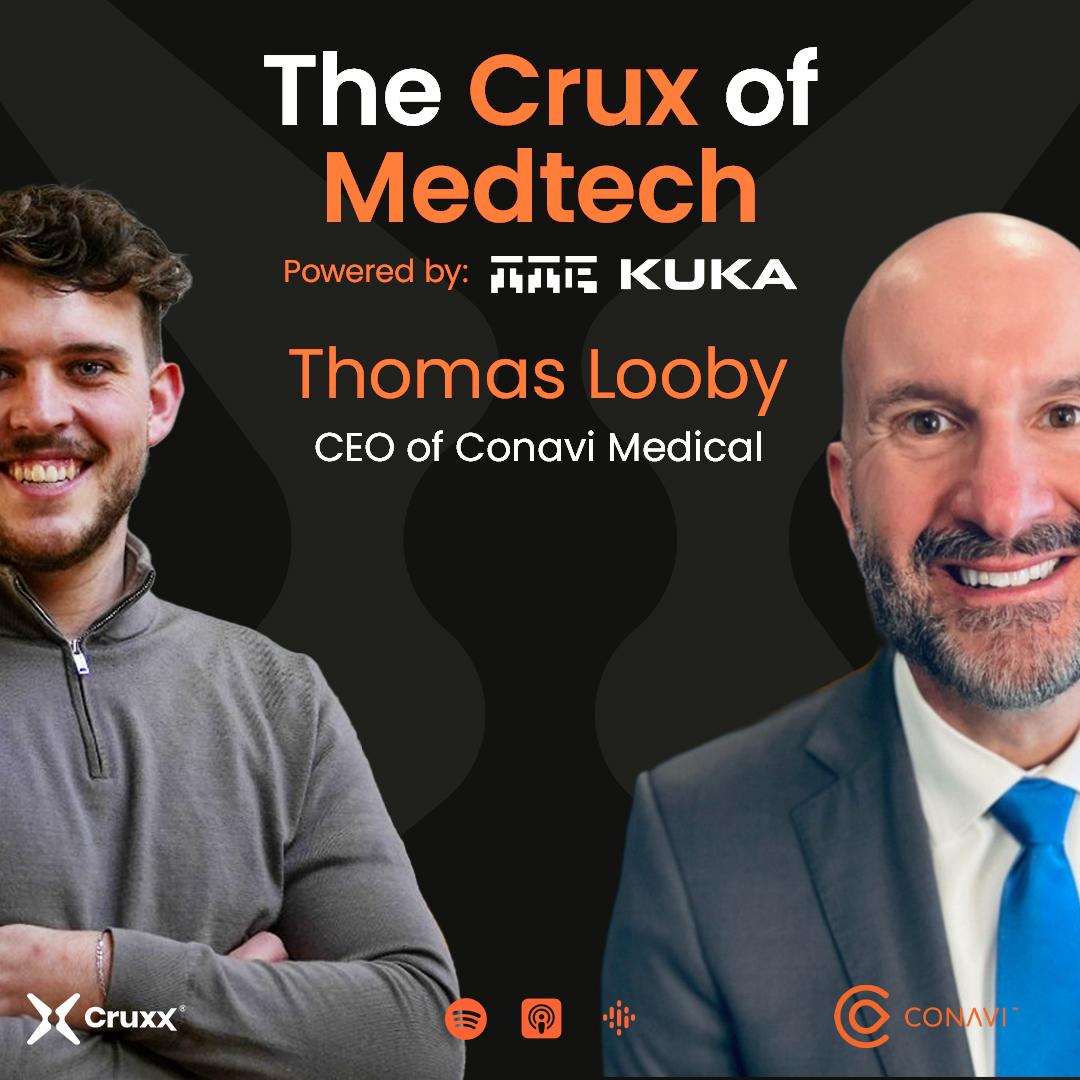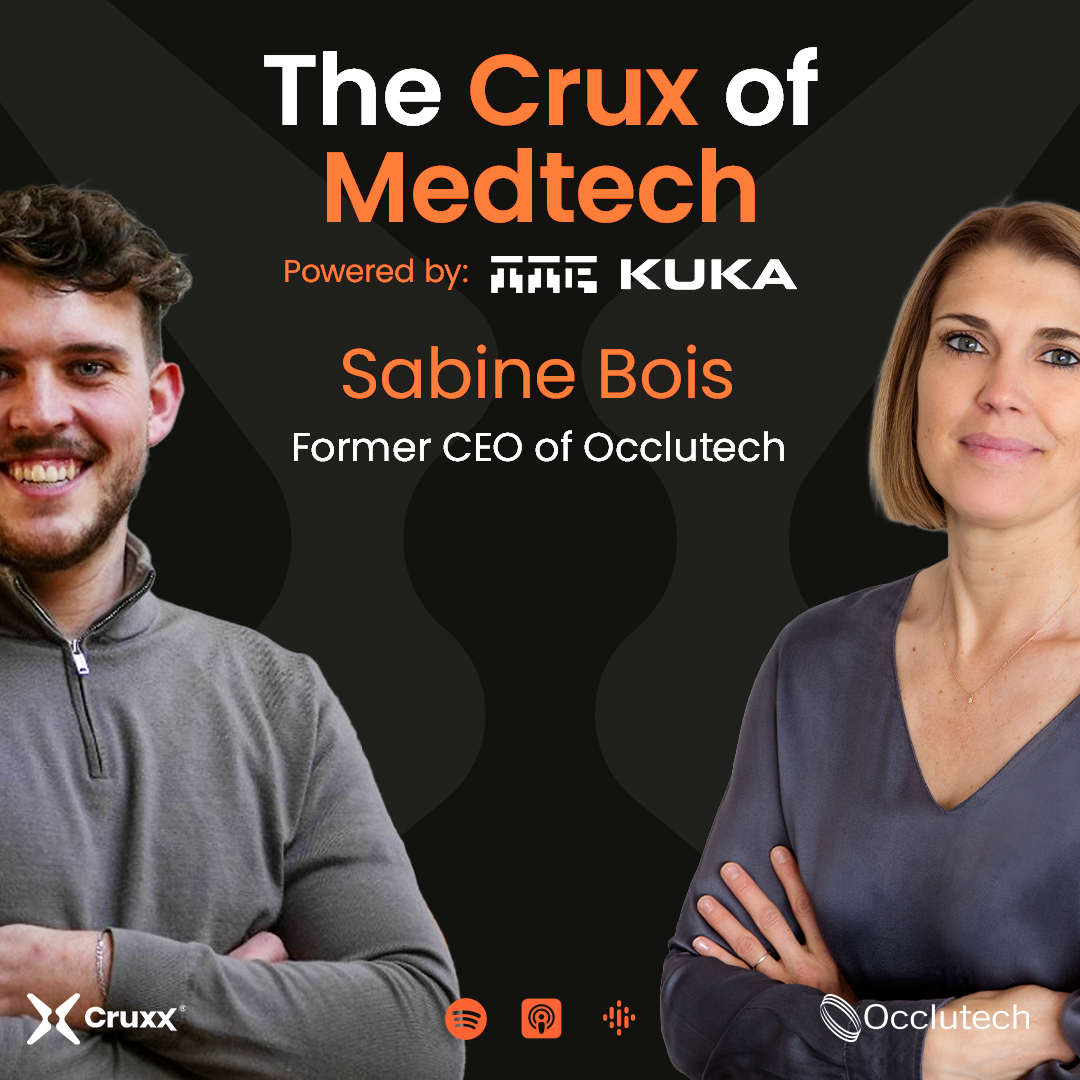The most important part of a company is the people in it. On Episode 17 of The Surgibots Podcast I was joined by Jorge Presa, the CEO of Cyber Surgery, to talk about the importance of building a great team from day one. Jorge and his team are developing a spinal surgery robotics platform from their base in Spain, and are working together to achieve incredible things. He shared his insights into developing a driven, creative culture in such a dynamic industry.
What challenges have you faced in creating a collaborative and open team?
It is a very tall order. That’s the real talent challenge, because until now we have hired only local people or people who have moved to this area. People can do hybrid work, but every Monday they have to be in the office. We grab a coffee together and talk about everybody's weekend, how everyone is, their family, friends, whatever is important to them. However, last October was the first time that we were looking for a special profile, so we decided to hire a person remotely. We're going to see how this works, because it is much more difficult to keep up with the culture you mentioned.
So another challenge is to find the right people for these risky projects. We cannot rely on hiring people from this area, we have to begin to hire people from abroad. We are going to maintain at least three meetings in our office per year to create team building events, and we will try to analyse how it was and because we need them to feel like part of the company. Our secret is that our current team is like a big family. Every company that is in the surgical robotics field will have candidates that are abroad, and people moving from one area to another. That's very attractive for some candidates, but other people don't want to move. We’re lucky that we’re in an attractive area, but that’s not a guarantee that we’ll gain the right candidates.
How do you drive the team forwards?
Well, it's not easy. The first five years was a research project inside a corporate environment. We were a small team at the beginning, there were three of us. We were pushing quite hard, but we didn't know what was going to happen because it was a research project. After that, in 2018, when we received the first funds, it was totally different. We were creating a product and we were creating a team, which in some cases was more difficult. Now there are 30 of us, and we are creating a culture. We do a lot of meetings analysing how people feel, analysing how we could improve our work, and how to improve communications, because the team is the most important thing in this company.
Culture is the most important thing. It’s everything from how people feel to how we help each other and collaborate with each other. There are different states for the company, and hopefully, after the new fundraising, we are going to begin to grow in the sales or manufacturing area. We are going to keep on growing now we are all together. But in the future, we're going to be distributed around the world.
What are the biggest challenges you've had to overcome with getting to this point with the team?
The team is the base for everything. Whether or not you push hard is the difference between success or failure. To find the right people is not easy at all. Another thing regarding the team is that with the current economic situation, salaries have increased dramatically. Sometimes salaries are moving so fast, that in some cases is very difficult even for our startup because we don't know how to manage these situations. You have to be different, you have to promote your company a lot. We need enough funding to attract a good team, and that’s a big challenge for a company as small as ours.
To learn more about building a team in the surgical robotics space, listen to Episode 17 of The Surgibots Podcast here.





